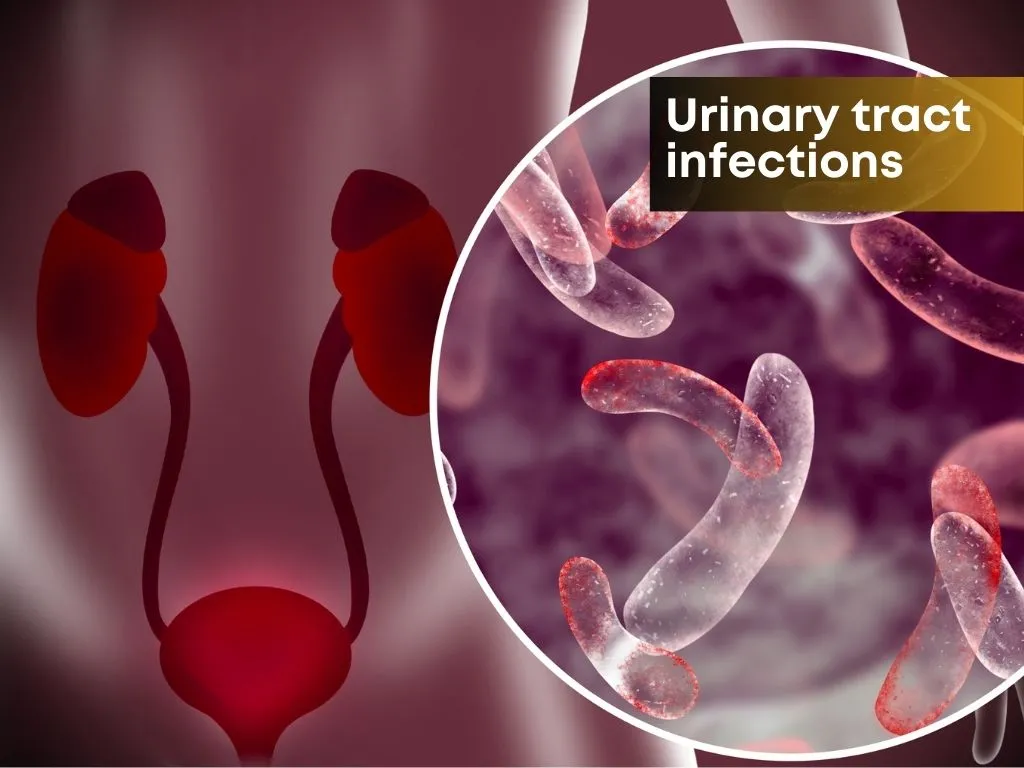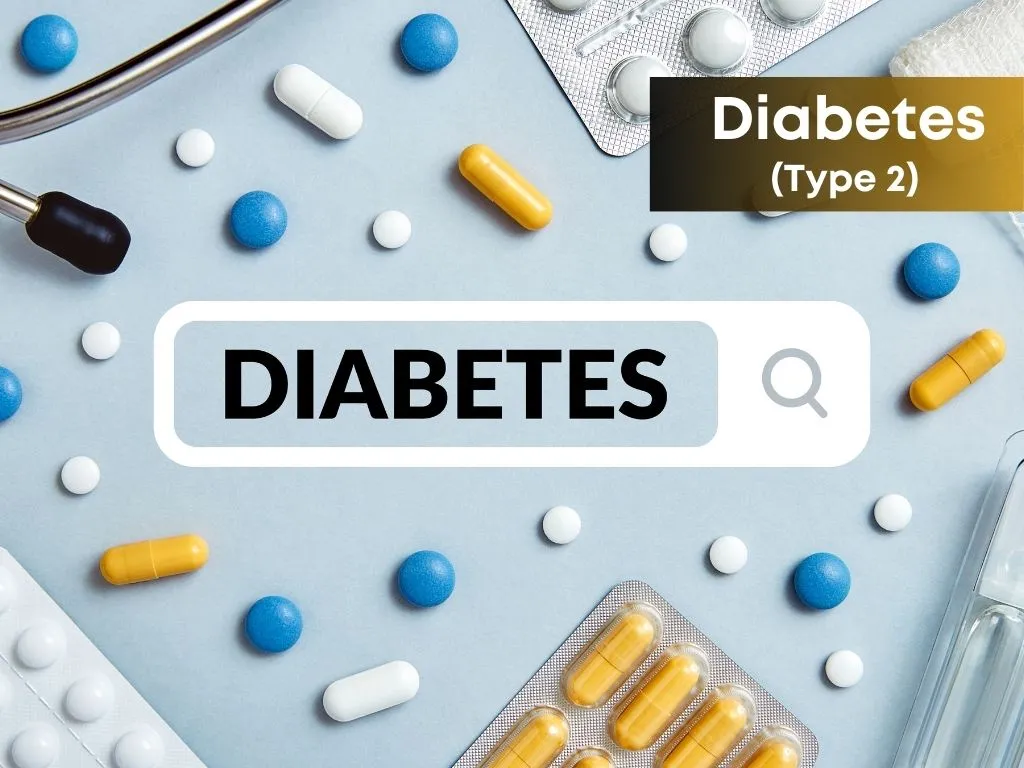Overview
Amyotrophic Lateral Sclerosis (ALS), also known as Lou Gehrig's disease, is a progressive neurodegenerative disease that affects nerve cells in the brain and the spinal cord.
ALS specifically impacts motor neurons, which are responsible for controlling voluntary muscle movements such as walking, talking, and breathing.
Causes
GeneticsEnvironmental FactorsAgeGenderOther Factors: such as smoking, high levels of physical activity, and head trauma.
Symptoms
Muscle WeaknessMuscle Twitching and CrampingDifficulty with Speech and SwallowingMuscle Stiffness and SpasticityProgressive Muscle AtrophyDifficulty BreathingFatigue and WeaknessEmotional and Cognitive Changes
Treatment: Modern Medicine
Medications:
RiluzoleEdaravone (Radicava)
Symptom Management:
Physical TherapyAssistive Devices
Nutritional Support:
Proper nutrition is important for individuals with ALS, as swallowing difficulties and muscle weakness can lead to malnutrition and weight loss. A registered dietitian can provide guidance on nutrition and may recommend supplements or feeding tubes if necessary.
Respiratory Support:
As ALS progresses, respiratory muscles may weaken, leading to breathing difficulties and respiratory failure. Non-invasive ventilation or invasive ventilation may be necessary to support breathing and improve quality of life.
Multidisciplinary Care:
ALS care typically involves a multidisciplinary team of healthcare professionals, including
Neurologists, Physical therapists, Occupational therapists, Speech-language pathologists, Respiratory therapists, Dietitians, Social workers, and palliative care specialists.
Treatment: Traditional Medicine
Herbal SupplementsAcupunctureMassage TherapyMind-Body PracticesDietary ModificationsAromatherapy
Caution
Consult Healthcare ProfessionalsUnderstand Potential RisksEvidence-Based Information
Prevention
Maintain a Healthy Lifestyle:
Eat a balanced diet rich in fruits, vegetables, whole grains, and lean proteins.Exercise regularly to promote overall physical fitness and maintain a healthy weight.Avoid smoking and limit alcohol consumption.
Protect Against Environmental Toxins:
Minimize exposure to potential environmental toxins, such as heavy metals, pesticides, and organic solvents, which have been associated with an increased risk of ALS in some studies.Follow safety guidelines and use protective equipment when working with hazardous substances or chemicals.
Stay Active and Engaged:
Stay mentally and socially active by engaging in stimulating activities, hobbies, and social interactions.Maintain a strong support network of family, friends, and community connections.
 Nalamaree Team
Nalamaree Team

.jpg.webp)



















.jpg.webp)
